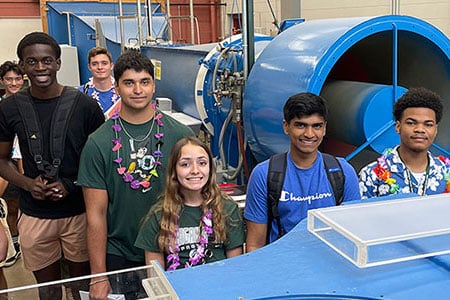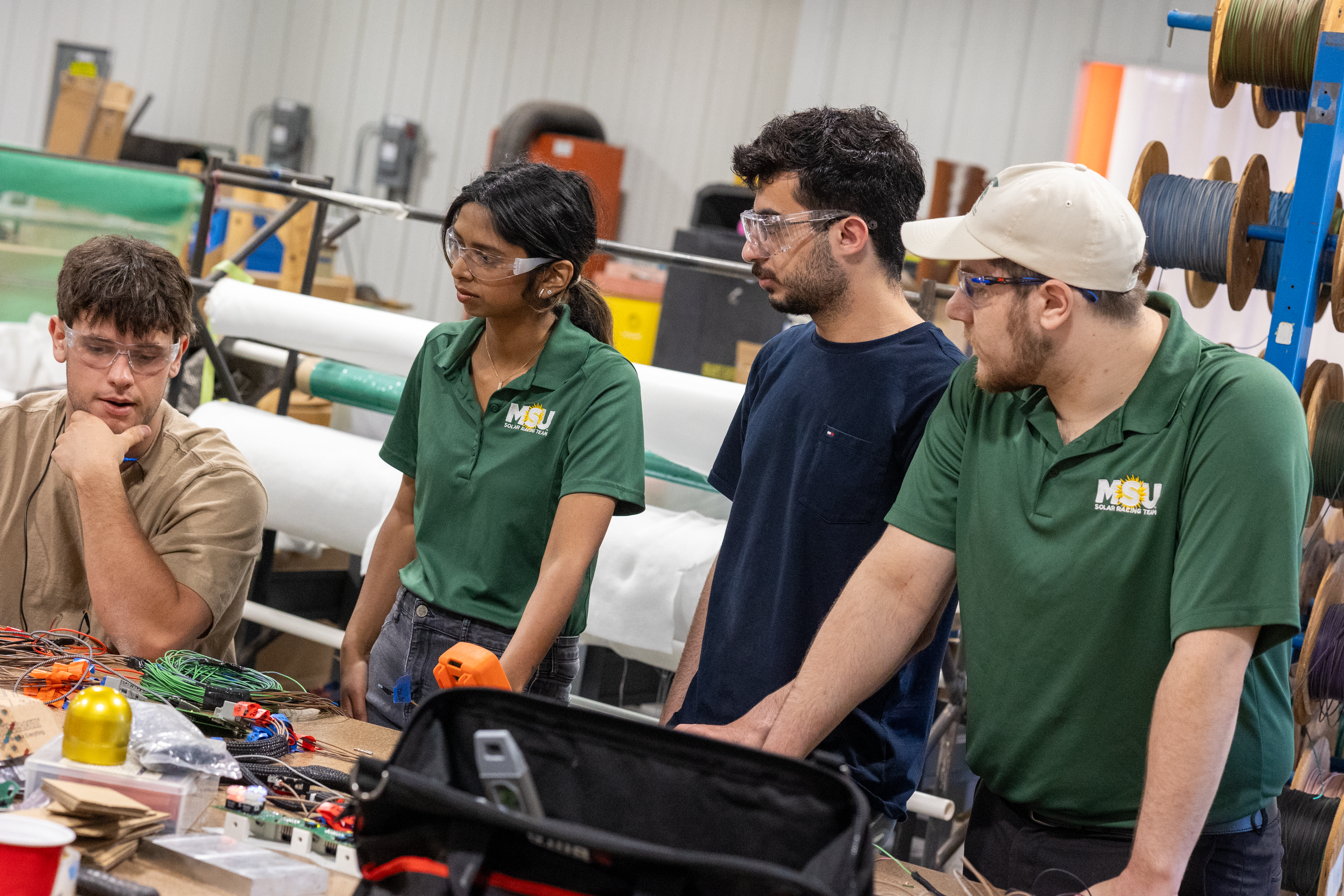Stavros Vakalis, a PhD student in the MSU Department of Electrical and Computer Engineering (ECE), has received a highly competitive 2021 graduate fellowship from the IEEE Microwave Theory and Techniques Society (MTT-S).

He will be honored by MTT-S in June in Atlanta.
Only 12 MTT-S graduate fellowships are presented around the world each year. Last year's fellows came from Australia, Canada, China, Mexico, Portugal, Russia, and the USA.
Vakalis said the graduate fellowship will support his doctoral project - to design, build, and experimentally validate a millimeter-wave digital array system with interferometric processing and active noise illumination that can provide imaging at more than 250 frames per second.
"Microwave and millimeter-wave imaging have been traditionally associated with limited scanning speeds," Vakalis explained. "In this work, I will combine the benefits of passive and active millimeter-wave imaging to provide image reconstruction orders of magnitude faster than the current state of the art."
Vakalis received the diploma degree in electrical and computer engineering from National Technical University of Athens in Greece in 2017. In 2020, he received a master's degree in electrical and computer engineering from MSU.
He is currently a PhD student at MSU in electrical engineering. His research interests at MSU include wireless microwave and millimeter-wave systems, millimeter-wave imaging, antenna arrays, radar, and signal processing.
Vakalis works under the supervision of Jeffrey Nanzer, the Dennis P. Nyquist Assistant Professor of Electrical and Computer Engineering.
The IEEE Microwave Theory and Techniques Society (MTT-S) is a transnational society with more than 10,500 members and 190 chapters worldwide. The society promotes the advancement of microwave theory and its applications, including RF, microwave, millimeter-wave, and terahertz technologies.





